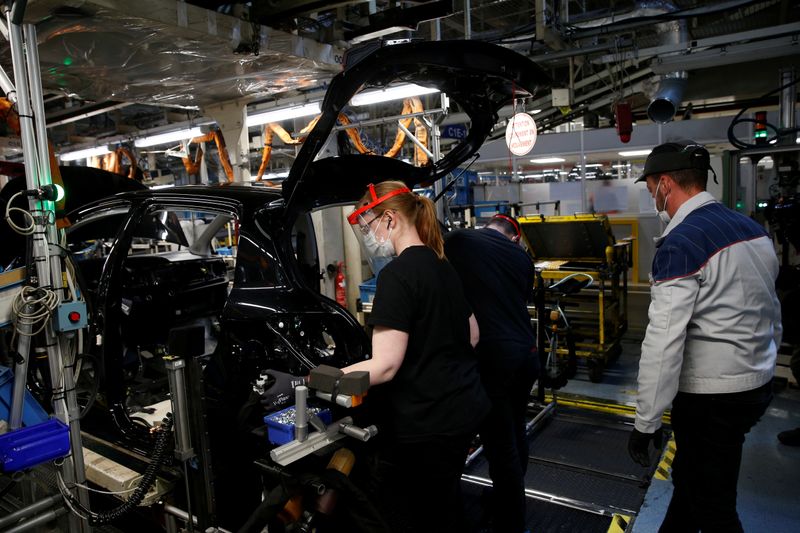(Reuters) - U.S. auto-parts maker Garrett Motion (NYSE:GTX) Inc said on Sunday it had filed for Chapter 11 bankruptcy protection, as it struggles with heavy debt due to a payment settlement dispute with former parent Honeywell International Inc (N:HON) and the COVID-19 pandemic.
Garrett also said it had entered into a "stalking horse" purchase agreement with private equity firm KPS Capital Partners LP for $2.1 billion.
According to the "stalking horse" agreement, which is subject to court approval, any other bids that come in must be higher than the offer made by KPS.
Garrett said it was seeking court's approval for a $250 million financing facility to bolster its cash position as it aims to continue operating its business during the reorganization process.
The company has listed both assets and liabilities in the range of $1 billion and $10 billion, according to a filing with the U.S Bankruptcy Court for the Southern District of New York.
Automakers have been severely hit by the coronavirus outbreak, as they had to shutter factories, which led to a slump in production and disrupted supply chains.
"...the financial strains of the heavy debt load and liabilities we inherited in the spin-off from Honeywell - all exacerbated by COVID-19 - have created a significant long-term burden on our business," Chief Executive Officer Olivier Rabiller said in a statement.
Honeywell said Garrett was pursuing a bankruptcy "to avoid the legitimate and reasonable financial commitments" the company assumed as part of its spin-off in 2018.
"Garrett always has been capable of fulfilling those obligations with the assets it received in the spin-off," Honeywell said in a statement, adding that it was committed to engaging in a dialogue with the firm.
In January, Garrett accused Honeywell of devising its spin-off to offload the U.S. industrial conglomerate's liabilities related to asbestos-exposure claims. https://bwnews.pr/35SrIZ3
Garrett said it expects to emerge from bankruptcy and complete the sale process in early 2021.
